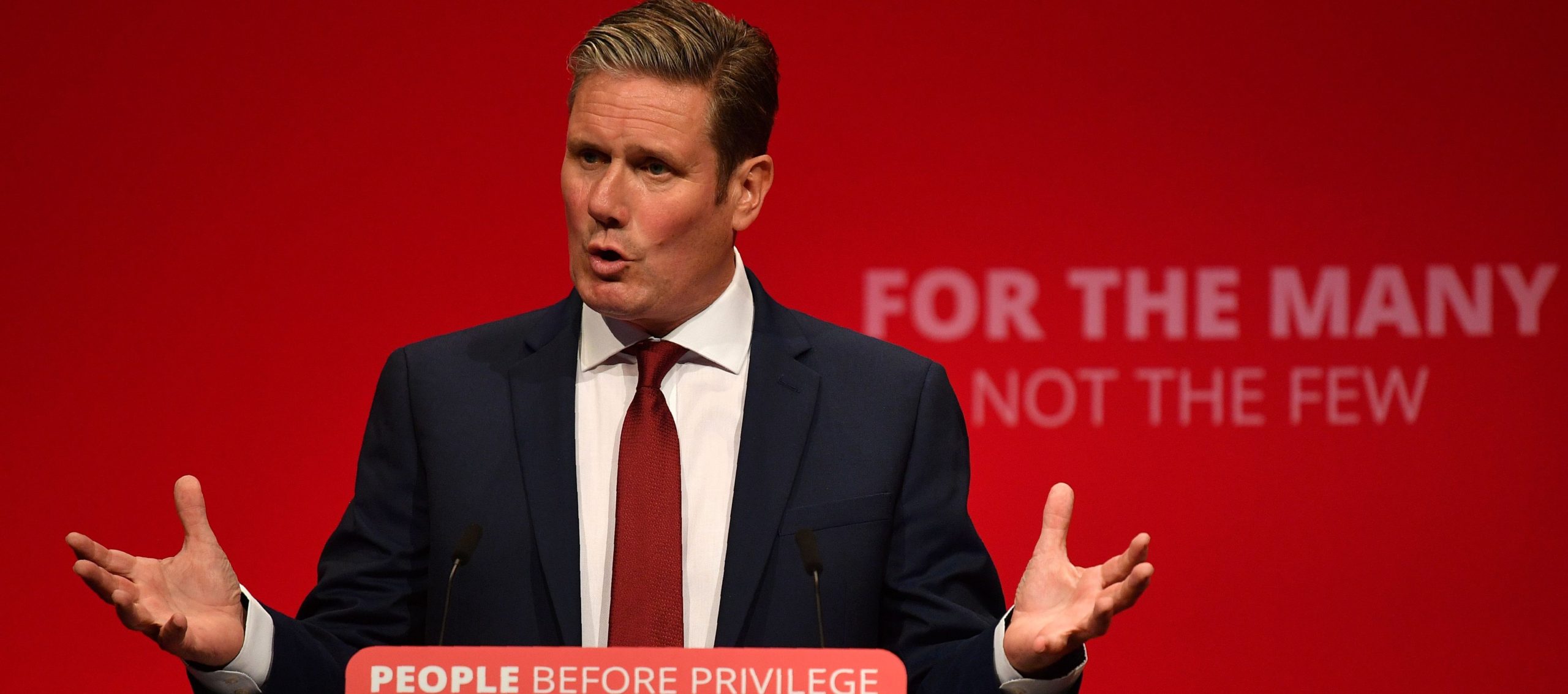Economic inequality is one of the defining issues of our time. Its effects can be discerned in all those issues that more obviously dominate our political life — race, immigration, populism, the EU. It doesn’t get tackled with much political will, however, for one primary reason. It is seen to be ‘owned’ by the Left. The Right in the UK has preferred to speak of ‘equality of opportunity’ and ‘levelling up’ or the straightforward relief of absolute poverty, hampered by fears of state overreach and the shadowy legacy of communism.
Even prior to the pandemic, this was changing.
Earlier this year, Tim Pitt, former conservative advisor to Sajid Javid and Philip Hammond, was arguing in the FT (itself becoming more vocal on the issue) that there were authentically conservative reasons to care about economic inequality — the way it stymies social mobility, hinders growth and threatens social order. In these pages Peter Franklin has been expanding on this, laying out the ways that rampant inequality is driving our dangerous times. Prior to the Trump presidency, there were signs that even Republican candidates had started taking the issue seriously in the US, and they may well need to again.
If you are a straightforward conservative then, there are good reasons to think seriously about reducing inequalities of income and wealth. For those of us who are questioning the very premises on which both current Left and Right-wing orthodoxies rest – that we are rational, utility-maximising individuals — the case is more stark. A tip back towards emphasising rootedness, connectedness and responsibility to others requires us to pay more attention to the way our relationships — including our economic ones — contribute to, or undermine, the common good.
I am most convinced not by the pragmatic economic or sociological arguments, though they are persuasive, but that of character. In Theos’ new report, Simon Perfect argues that high economic inequality makes sin more likely, but you don’t have to buy into the theological language to understand what he means. High inequality creates a terrible environment for the development of virtuous citizens; the rich opt out by isolating themselves from the world’s problems, leaving them with a distorted sense of reality. Meanwhile, those at the bottom of the pile feel envy, resentment and despair. As such, it becomes harder to build social bonds across society.
For rich and poor, the dignity of shared responsibility to each other is humanising and builds trust. And as the pandemic reveals a brief moment of shared vulnerability, now is a good moment to try to face up to the challenge.











Join the discussion
Join like minded readers that support our journalism by becoming a paid subscriber
To join the discussion in the comments, become a paid subscriber.
Join like minded readers that support our journalism, read unlimited articles and enjoy other subscriber-only benefits.
Subscribe